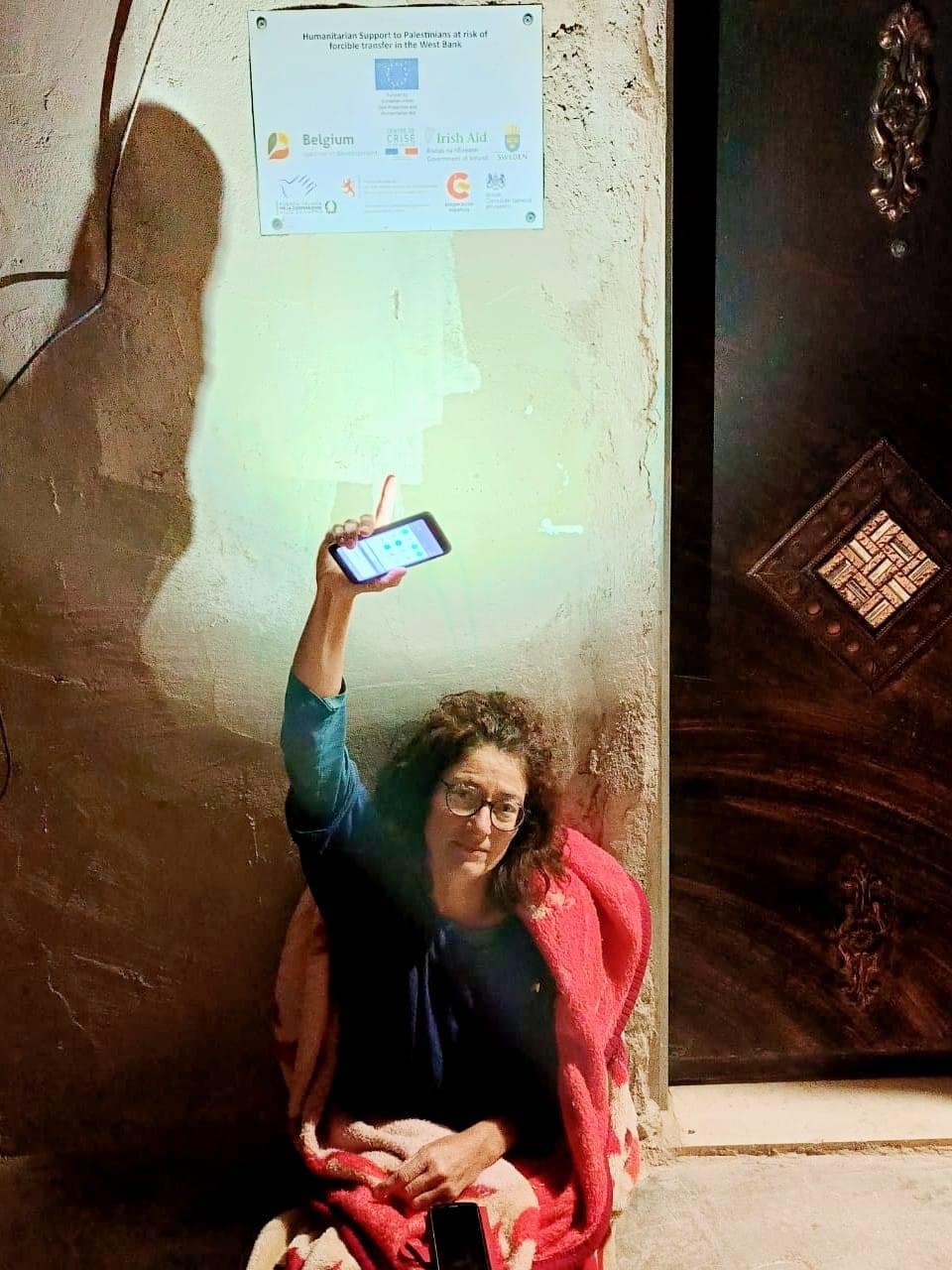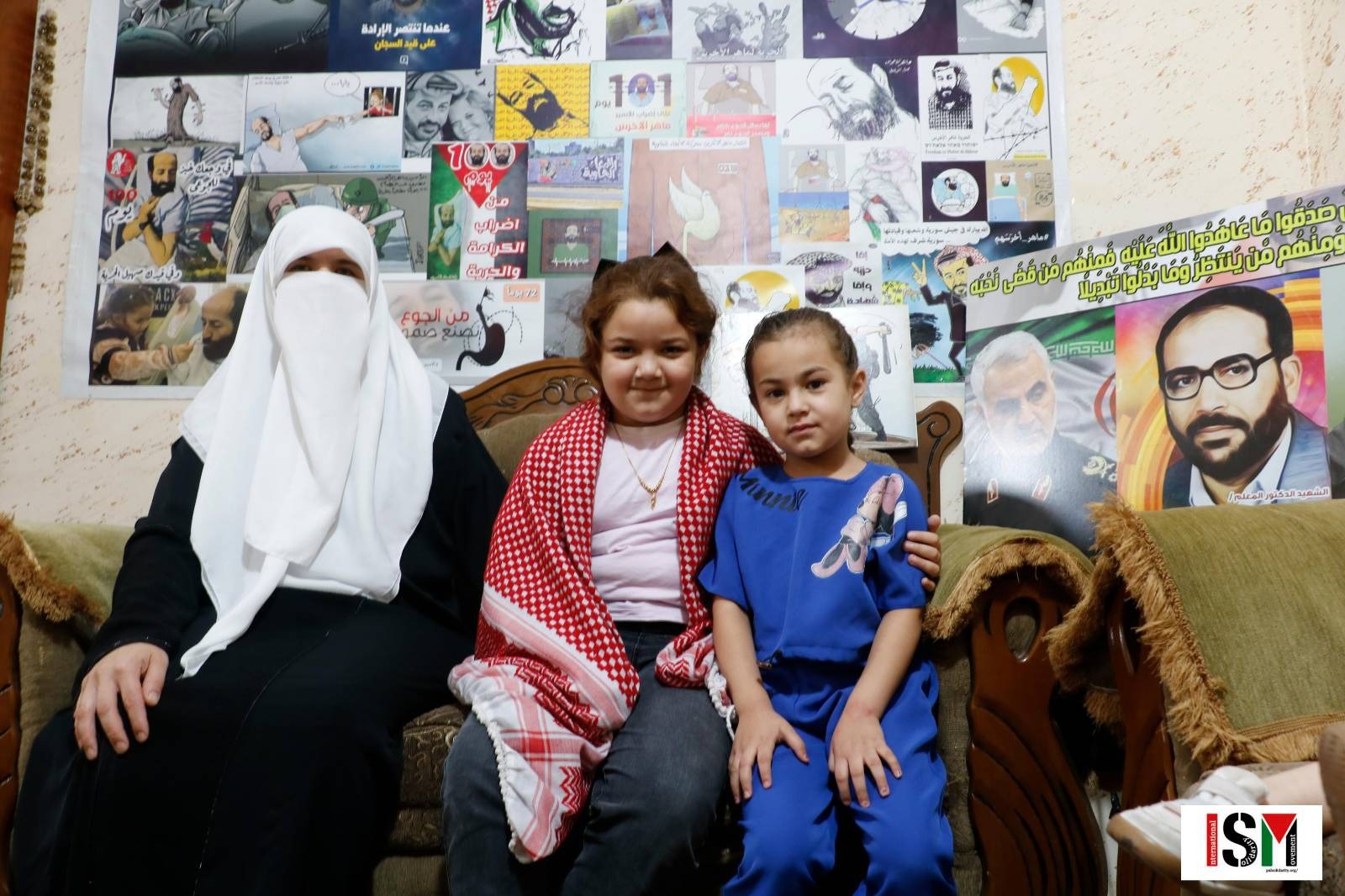Tag: Prisoner
-

Human Rights Defender Accused of Supporting Terror
Alison Russell, a Scottish-born Belgian citizen and Human Rights Defender, was detained by the Israeli occupation authorities while documenting the demolition of a house in Masafer Yatta, in the South Hebron Hills of the occupied West Bank. She was deported after very perfunctory proceedings at the Jerusalem Magistrate’s Court.
-

An unbreakable will
“I will go on a hunger strike until I get freedom or martyrdom.” This is what the prisoner Maher Al-Akhras (52), from the village of Hajjah, Jenin district, said after the Israeli occupation forces raided his house and arrested him without charges last Thursday night, August 24. The prisoner Maher works as a farmer. He…
-
In Pictures: Palestinians murdered under Israeli occupation in 2019.
August 15 | International Solidarity Movement | Occupied Palestine
